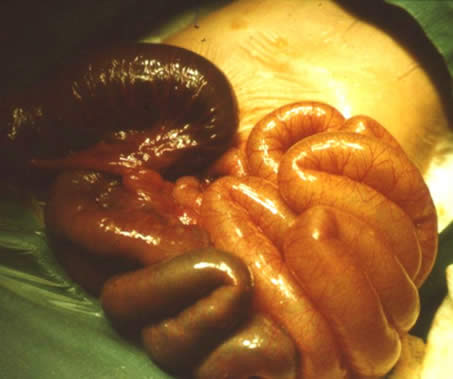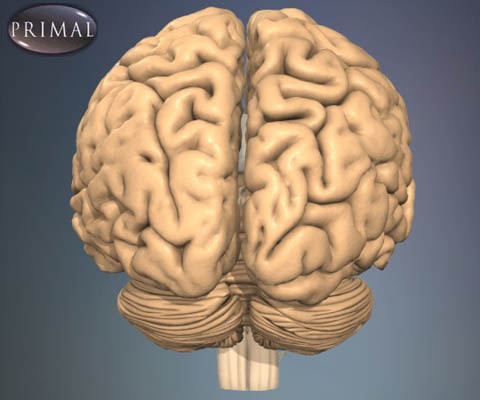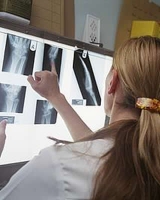Anatomy of the ascending pain pathway course



An overview of pain and the nociceptive system, including a description of nociceptive pathways from transduction to perception of pain.
Learning Objectives
By the end of this session you will be able to:
- Identify the major features of the peripheral nociceptor
- Classify primary afferents involved in pain transmission
- Describe the anatomy of the dorsal horn, including interconnections
- List the major spinal cord pathways involved in transmission of the pain signal from dorsal horn to brain
- Identify the major areas of the brain involved in perception of pain
This session looks at the anatomy of the nociceptive pathway from transduction in the periphery, through transmission to the dorsal horn of the spinal cord, then on to the brain.
Dr Williams studied medicine at Aberdeen University, qualifying MB, ChB in 1991. He took up his post in Glasgow in 2004.
He chairs the West of Scotland Pain Group and is responsible for coordinating ST3 and 4 training in pain management for the West of Scotland School of Anaesthesia. He has a major clinical interest in pain management, including clinical input to the Glasgow pain management programme. Research interests include trainee assessment and clinical informatics in pain management.


- Anaesthesia Fundamentals | Physiology | Ventilatio...
- Posted By eIntegrity Healthcare e-Learning
- Posted Date: 2024-12-26
- Location:Online
- This session describes how and why ventilation and perfusion vary in the healthy lung. Causes of hypoxia, such as hypoventilation, increased dead space and shunt, are discussed to help the trainee explain and manage hypoxia clinically.
- Anaesthesia Fundamentals | Physiology | Pulmonary ...
- Posted By eIntegrity Healthcare e-Learning
- Posted Date: 2024-12-26
- Location:Online
- This session covers the measurement and clinical importance of lung volumes, including functional residual capacity and dead space. Information regarding the performance and interpretation of flow-volume loops is also included.
- Anaesthesia Fundamentals | Physiology | Co2 Carria...
- Posted By eIntegrity Healthcare e-Learning
- Posted Date: 2024-12-26
- Location:Online
- This session covers the physiology of how carbon dioxide is carried by blood, including its conversion into bicarbonate ions and the role of the red blood cell and haemoglobin in this process. The session also describes how buffers work, and the fundament
- Anaesthesia Fundamentals | Physiology | Function o...
- Posted By eIntegrity Healthcare e-Learning
- Posted Date: 2024-12-26
- Location:Online
- This session focusses on the function of haemoglobin in oxygen (O2) carriage from the lungs to other tissues where cells are supplied with the O2 required for oxidative phosphorylation in the mitochondria. We will cover the structure
- Anaesthesia Fundamentals | Physiology | Gaseous Ex...
- Posted By eIntegrity Healthcare e-Learning
- Posted Date: 2024-12-26
- Location:Online
- This session will introduce you to the physiological effects of altitude and the adaptations that occur with acclimatization. It also introduces the pathology and physiology of high pressure and decompression.







